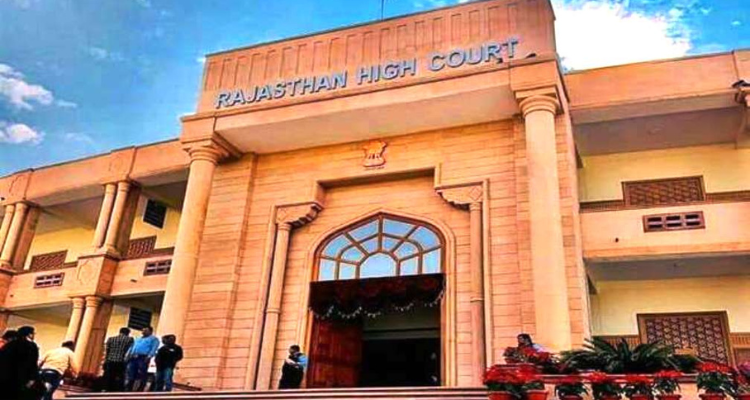
The Rajasthan High Court recently issued guidelines on transferring Panchayat officials, highlighting the importance of local autonomy and grassroots democracy. Justice Arun Monga noted that while the State government can exercise its powers under the Rajasthan Panchayati Raj Act, it should not undermine the Panchayats’ self-governance. The Court emphasized that the State’s role should be general oversight, not direct interference, as it questioned the mass transfer of over 885 Panchayat officials.
Court’s Stand on Panchayat Autonomy
Justice Arun Monga underscored that state government interference should not undermine Panchayati Raj Institutions’ (PRIs) constitutional autonomy. The Court was responding to 198 petitions challenging the transfers of various Panchayati Raj officials, including Village Development Officers and Gram Sewaks.
Key Issues Addressed by the Court
1. Validity of Transfer Orders Without Specific Locations:
Justice Monga affirmed that omitting the specific location for a new duty station raises concerns about misuse of administrative discretion. Valid transfer orders should specify new duty locations to ensure proper administrative function.
2. Consultation Requirement with Pradhans or Pramukhs:
The Court highlighted that transfers must involve consultation with local Panchayat leaders, as mandated by Section 89(8)(ii) of the Panchayati Raj Act. While consultation doesn’t equate to consent, it is essential for transparency and maintaining local governance integrity.
3. Authority of Chief Executive Officers (CEOs) in Zila Parishads:
The Court ruled that CEOs cannot unilaterally issue transfer orders without specific recommendations, ensuring procedural norms are followed to prevent arbitrary power use.
4. Authority of Block Development Officers (BDOs) and Village Development Officers (VDOs):
BDOs and VDOs are not authorized to independently transfer officials within the Panchayat Samiti without consultation with Pradhans or Pramukhs.
5. Role of District Administration and Establishment Committee:
The recommendation of this committee is necessary for the CEO of a Zila Parishad to transfer an employee within a Panchayat Samiti or Zila Parishad.
6. State Government’s Overriding Powers:
While the State has overriding authority for issuing transfer orders, this power should not compromise the autonomy of PRIs.
Guidelines for Transfer of Panchayat Officials
1. District Cadre Transfers:
Panchayat officials recruited for district cadre posts should not be routinely transferred outside their districts unless permitted by law.
2. Consultation with Local Leaders:
Transfers must involve consultation with the Pradhan of the Panchayat Samiti and the Pramukh of the Zila Parishad for respective jurisdictions.
3. State’s Authority:
The State can transfer officials within or between Panchayat Samitis and Zila Parishads, with or without consultation, under certain conditions.
4. Compliance with Rules:
Transfers within a Zila Parishad must adhere to Section 89(8)(ii) of the Rajasthan Panchayati Raj Act, ensuring consultation with local leaders.
5. Execution of State Orders:
CEOs and Vikas Adhikaris must execute State Government transfer orders as per Rule 289(3) in conjunction with Sub-section 89(8A).
6. District Establishment Committee Role:
The Committee’s role in issuing transfer orders must be respected, ensuring that PRIs’ constitutional status is upheld.
7. Inter-District Transfers:
Such transfers by other departments must obtain consent from the Panchayati Raj department, explicitly stated through a conscious decision-making process.
Outcome
The Court allowed the petitions, set aside the contested transfer orders, and granted liberty to issue new ones based on administrative needs, adhering to the outlined guidelines. This decision aims to balance administrative efficiency with the autonomy and constitutional mandate of Panchayati Raj Institutions.
Read More: Supreme Court, Delhi High Court, States High Court, Other Courts, International




